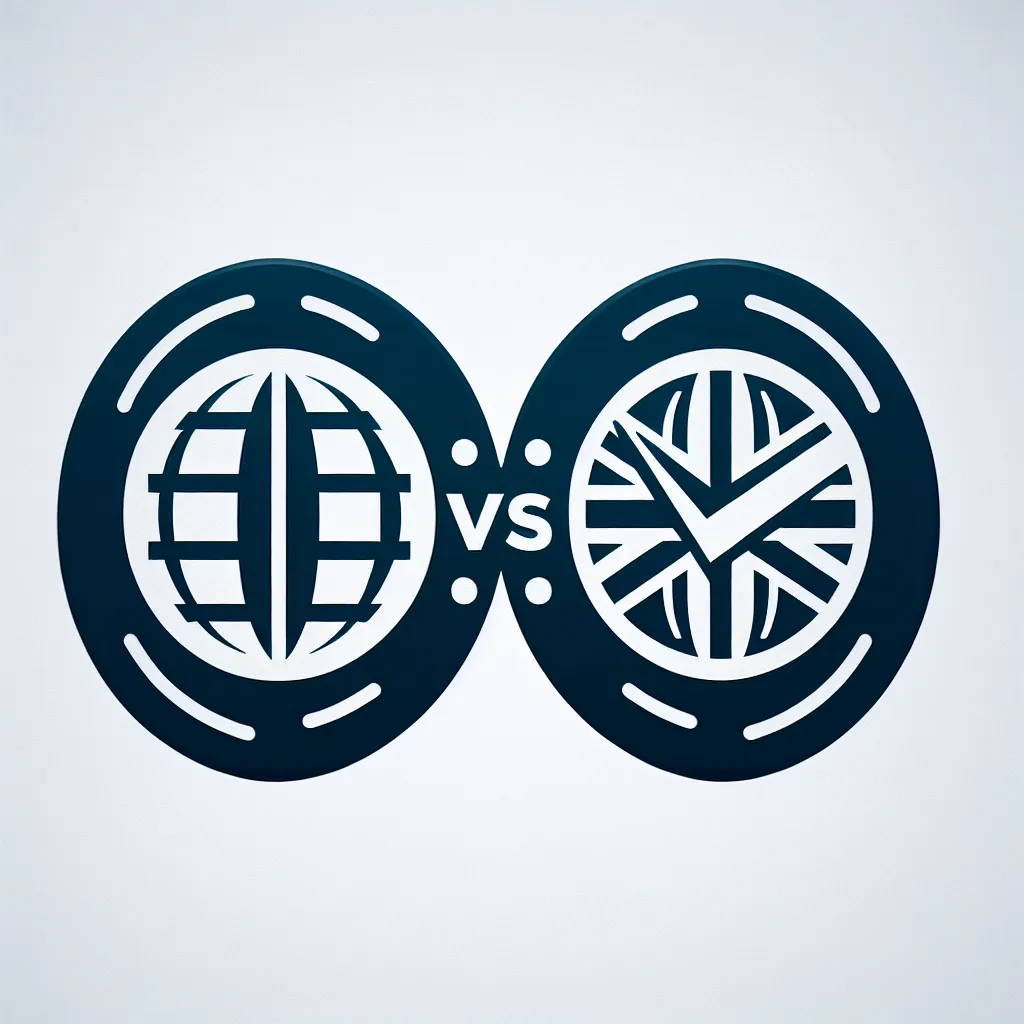Are you considering studying abroad or pursuing international opportunities? If so, you’ve likely encountered two prominent English language proficiency tests: TOEFL and IELTS. Both exams are widely accepted by universities and organizations worldwide, but they have distinct differences that can impact your preparation strategy and performance. In this comprehensive guide, we’ll explore the key differences between TOEFL and IELTS exams, helping you make an informed decision about which test is right for you.

Understanding TOEFL and IELTS
Before we dive into the differences, let’s briefly introduce each exam:
TOEFL (Test of English as a Foreign Language)
TOEFL is administered by the Educational Testing Service (ETS) and is widely recognized in North America. It primarily tests academic English and is designed to assess a student’s ability to use English in university settings.
IELTS (International English Language Testing System)
IELTS is jointly managed by the British Council, IDP: IELTS Australia, and Cambridge Assessment English. It’s more commonly accepted in the UK, Australia, and Commonwealth countries. IELTS offers two versions: Academic and General Training.
Key Differences Between TOEFL and IELTS
1. Test Format and Duration
TOEFL:
- Primarily internet-based (TOEFL iBT)
- Duration: About 3 hours
- Four sections: Reading, Listening, Speaking, and Writing
IELTS:
- Available in paper-based and computer-delivered formats
- Duration: 2 hours 45 minutes
- Four sections: Listening, Reading, Writing, and Speaking
2. Speaking Section
TOEFL:
- Computer-based
- Responses are recorded and evaluated later
- 4 tasks, completed in about 17 minutes
IELTS:
- Face-to-face interview with an examiner
- 3 parts, lasting 11-14 minutes
- More interactive and conversational
3. Writing Tasks
TOEFL:
- Two tasks: Integrated and Independent
- Integrated task requires synthesizing information from reading and listening passages
- Typed responses
IELTS:
- Two tasks: Task 1 (describing visual information) and Task 2 (essay)
- Academic version requires describing graphs or charts in Task 1
- Handwritten responses (in paper-based format)
4. Accent and Vocabulary
TOEFL:
- Primarily uses North American accents
- Focuses on academic vocabulary
IELTS:
- Features a variety of English accents (British, Australian, North American)
- Includes both academic and general vocabulary
5. Scoring System
TOEFL:
- Scores range from 0 to 120 (30 points per section)
- Computer-scored, including Speaking section
IELTS:
- Scores range from 0 to 9 in 0.5 band increments
- Speaking and Writing sections are scored by trained examiners
Which Exam Should You Choose?
Deciding between TOEFL and IELTS depends on several factors:
1. Your Destination
- If you’re planning to study in North America, TOEFL might be more advantageous.
- For the UK, Australia, or other Commonwealth countries, IELTS is often preferred.
2. Your Strengths
- If you’re comfortable with computer-based tests and American English, TOEFL might suit you better.
- If you prefer face-to-face interaction and are familiar with various English accents, IELTS could be a better choice.
3. Test Availability
- Check the availability of test centers and dates in your area for both exams.
4. Specific Requirements
- Some institutions or programs may have a preference for one test over the other. Always check with your target organizations.
Preparation Tips for Both Exams
Regardless of which exam you choose, here are some general preparation tips:
- Familiarize yourself with the test format and question types.
- Practice time management, as both exams have strict time limits.
- Improve your English skills across all areas: reading, writing, listening, and speaking.
- Use official preparation materials from TOEFL and IELTS websites.
- Take practice tests under exam-like conditions.
Conclusion
Both TOEFL and IELTS are respected English proficiency exams, each with its own strengths. The key differences lie in their format, content, and scoring systems. By understanding these differences and assessing your own goals and strengths, you can make an informed decision about which test to take.
Remember, success in either exam comes down to thorough preparation and consistent practice. Whichever test you choose, focus on improving your overall English skills, and you’ll be well on your way to achieving your international education or career goals.
Have you taken either of these exams? Share your experiences and tips in the comments below to help fellow test-takers!